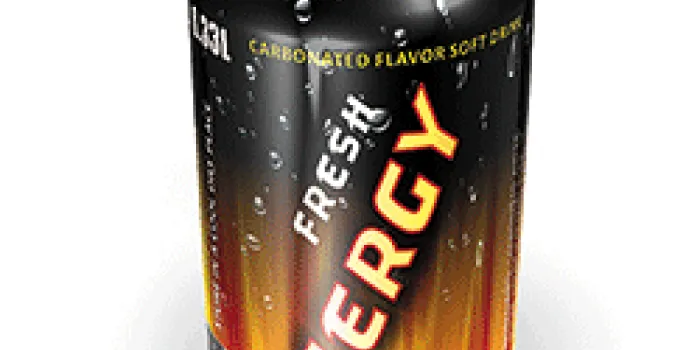With their sleek, shiny cans and cool logos, energy drinks entice kids and teens by the millions. Despite their claims, these beverages do not give athletes an edge in competition. Nor do they help young people stay awake and alert. In fact, a 2015 study by Yale researchers published in Academic Pediatrics showed the opposite. There was a 66% increased risk of hyperactivity and inattention in middle school students who drank two or more energy drinks daily.
To get an idea of equivalents, the 500 milligrams (mg) of caffeine in some of the drinks equals the amount in 14 cans of soda. The 40 grams (g) of sugar in one can exceeds the recommended daily limit of 21–33g.
Energy drinks are not recommended by the American Academy of Pediatrics or the American Heart Association because of their neurologic and cardiovascular side effects. The 1–3 cups’ worth of caffeine in an energy drink can cause nervousness, headache and lack of sleep in kids and teens. It also has been shown to upset the heart’s normal rhythm, causing irregular heartbeats, high blood pressure and, in some children, seizures. Plus the drinks contain stimulants untested in children, including guarana and taurine.
Next time your teen wants a cool beverage that does a body good, hand her a glass of cold water or milk.

